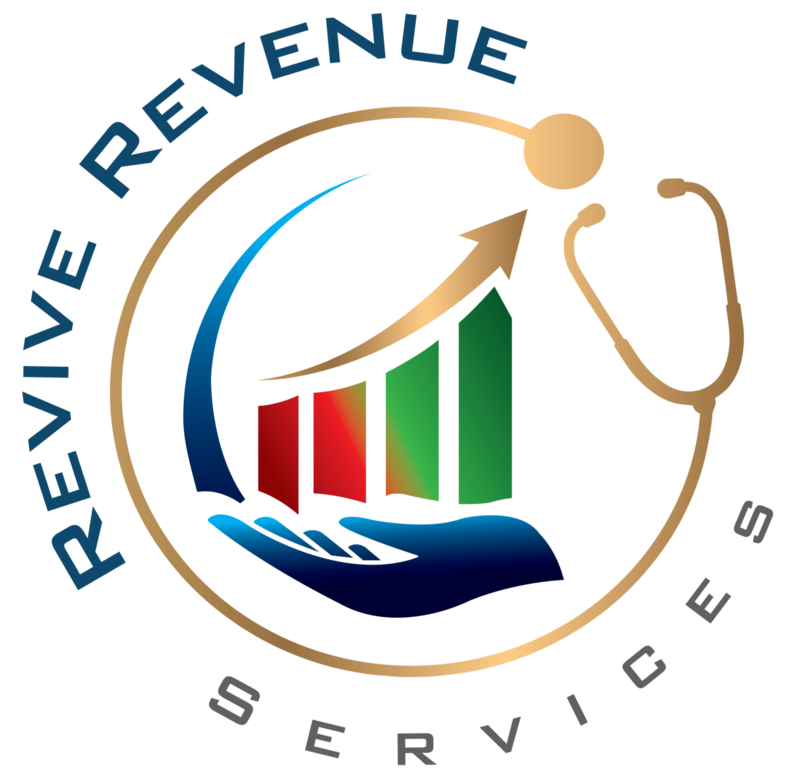Articles
Navigating Revenue Cycle Challenges in Healthcare

Share article
In today’s complex healthcare landscape, revenue cycle management (RCM) is essential for both financial stability and patient satisfaction. It covers every step from patient registration to final payment collection—requiring accuracy, timeliness, and compliance. With shifting regulations, evolving insurance policies, and rising patient responsibility, RCM is no longer just a back-office task; it’s a core driver of organizational success.
What is the Healthcare Revenue Cycle? The healthcare revenue cycle manages the financial process of patient care, including registration, insurance verification, coding, charge capture, claim submission, payment posting, and collections. When any step breaks down, providers face delays, lost revenue, compliance issues, and frustrated patients.
Common Challenges in Healthcare RCM Providers face multiple obstacles that can disrupt efficiency and profitability:
Claim Denials & Rejections – Often due to missing data, coding errors, or eligibility issues, denials require time-consuming rework.
Coding Errors & Compliance Risks – Incorrect ICD-10 or CPT codes can trigger audits, denials, or underpayments.
Insurance Verification & Authorization Delays – Without timely checks, claims are denied, treatments delayed, and patients hit with unexpected bills.
Patient Payment Collections – Rising out-of-pocket costs make collection harder, especially with unclear billing and limited payment options.
Staffing Shortages & Training Gaps – Understaffed or undertrained teams cause bottlenecks and slower claims processing.
Outdated Systems & Data Silos – Manual processes and disconnected software lead to inefficiency and missed revenue opportunities.
The Impact of Poor RCM Inefficient revenue cycle practices cause delayed reimbursements, higher denial rates, and cash flow problems—limiting investment in staff, technology, and patient care. Beyond finances, they hurt patient trust through billing errors, lack of transparency, and poor communication, ultimately damaging reputation and retention.
Strategies to Overcome RCM Challenges Improving RCM requires a proactive, technology-driven, and people-focused approach:
Automate Processes – Use RCM technology for eligibility checks, coding, and claim submission to reduce errors and free staff for higher-value work.
Invest in Staff Training – Keep teams updated on codes, payer rules, and compliance standards to improve accuracy.
Audit & Monitor Performance – Regular reviews help identify bottlenecks and prevent recurring errors.
Improve Patient Communication – Provide clear bills, upfront cost estimates, and flexible payment plans to boost collections and satisfaction.
Partner with RCM Specialists – Outsourcing to experts can improve compliance, accuracy, and cash flow.
The Future of RCM Emerging tools like AI, predictive analytics, and machine learning are transforming RCM, enabling providers to predict denials, automate repetitive tasks, and gain real-time insights. As healthcare shifts toward value-based care, revenue cycle processes must adapt to focus on outcomes, data integration, and patient engagement.
At Revive Revenue Services, we help healthcare organizations streamline their RCM, reduce errors, and boost collections. If your practice is struggling with inefficiencies, don’t wait—contact us today to discover how our tailored solutions can simplify operations and strengthen your financial future.
Related articles
Healthcare Automation with AI: From Smarter Scheduling to Intelligent Clinical Decision Support

Reduce Patient Wait Times

AI-Powered Personalization in Healthcare Website Redesign

Advertisement

